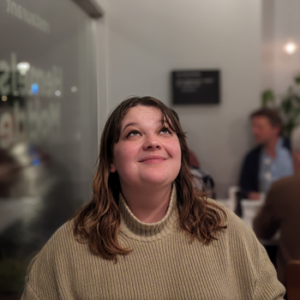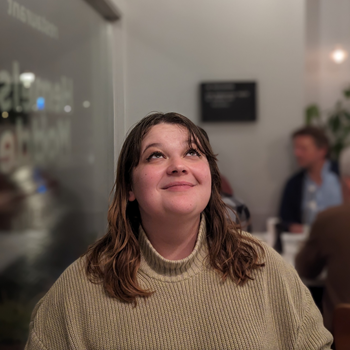Year 5 medical student, Sarah reflects on her medicine of the elderly placement, and specifically dealing with the death of patients.
“The last stage is mournful and distressing to behold. The patient is troubled with severe diarrhoea or looseness, the hair falls off, the voice becomes hoarse, the feet and legs swell, and very often dropsy in various forms makes its appearance. In some cases, delirium occurs and continues until life is extinguished: but in many cases the senses remain entire. At length the eyes sink, swallowing becomes difficult, the feet and legs grow cold, and death closes the heart-wringing scene”
Doctor Charles Rooke, 1881 (An extract from his book, The Anti-Lancet)
 Not to sound too controversial, but death is bad. Death has always been and will continue to be bad. I hate death. I probably didn’t need the quote above to prove to you that death has always been bad, but it does a pretty bang-up job of showing it. For most of my life I have never really had to think about death all that much. But all that changes when you start talking to people at the hospital.
Not to sound too controversial, but death is bad. Death has always been and will continue to be bad. I hate death. I probably didn’t need the quote above to prove to you that death has always been bad, but it does a pretty bang-up job of showing it. For most of my life I have never really had to think about death all that much. But all that changes when you start talking to people at the hospital.
I say talking to people, as if you don’t get to know people, they don’t ever really die. They can pass away maybe, or their organs fail, and their bodies become incompatible with life, but until you know someone, they never really die to you. The thing I hated the most about medicine of the elderly was when a registrar told me that most people usually die within 18 months of being admitted to an MoE ward. Is this a real fact? Maybe. Maybe not. But it stuck with me that the people I meet will all die, and maybe far sooner than I would like. I did not care for that.
I then experienced meeting people who were dying. Charles Rooke’s quote above paints a picture of what happened when you died in the 1800s and what really strikes me is however much end of life care has changed since then, the phrase “at length the eyes sink” is what rang so true over 200 years later. Despite the chapter before in his book being about how fruit peels are incredibly dangerous to your health, the man did have some wise things to say.
Despite this, I am and continue to be amazed at the medical care that can be provided to help people suffering at the end of life. What Charles Rooke didn’t know at the time was that so much distress at the end of life can be prevented, and it is one of medicine’s greatest achievements. But no amount of good medicine can ever stop people from dying, and nor should it.
I would also like to add that I am in no way saying you shouldn’t get to know patients for fear of getting upset. I am in no way a model pupil, but every patient I speak to reminds me that all patients are people, which will always make you a better doctor. Also, not to be morbid, but death is literally inescapable in the NHS.
So what do you do? Get bogged down with the fact that many of your patients are going to die and it might be terrible? I did for a bit. Try and find meaning in death? I suppose. Or perhaps you can take a weird interest in reading historical medicine books after a particularly long day in Wishaw General Hospital and realise that whatever happens, in medicine and in death, you are never truly alone.
Thank you, Charles Rooke: “heart-wringing” will forever be the right word.



